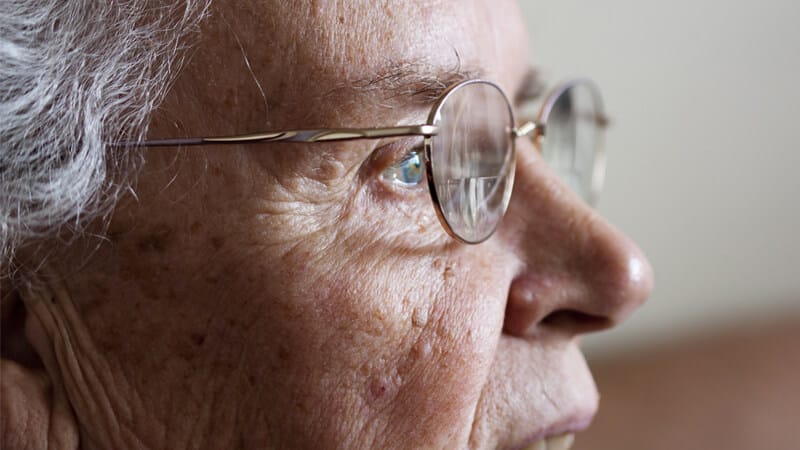A man seeking to change the law on assisted suicide has been permitted to take his case to the Court of Appeal.
Last October, the High Court ruled against a change after Noel Conway had argued the law is not compatible with his human rights.
But Conway will now be allowed to appeal his case, despite serious concerns over the dangerous consequences of legalising assisted suicide.
14 years
The law in England, Wales and Northern Ireland states that any person who intentionally encourages or assists the suicide or attempted suicide of another person can be sent to prison for a maximum of 14 years.
Conway, 68, wants doctors to help him commit suicide because of his condition.
He is being supported in his case by Dignity in Dying, formerly known as the Voluntary Euthanasia Society, and Humanists UK.
Slippery slope
Opponents of the practice have long-argued that a change in the law would be the start of a slippery slope.
Dr Peter Saunders, of Care Not Killing, responded to yesterday’s announcement: “Legalising assisted suicide and/or euthanasia is dangerous because any law allowing either or both will place pressure on vulnerable people to end their lives in fear of being a burden upon relatives, carers or a state that is short of resources.
“Especially vulnerable are those who are elderly, disabled, sick or mentally ill. The evidence from other jurisdictions demonstrates that the so-called ‘right to die’ may subtly become the ‘duty to die’.”
Defeated
Dr Saunders concluded: “I hope that the Court of Appeal will stand by the previous high court judgement and dismiss his case.”
Read Dr Saunders’ response in full here.
Assisted suicide remains illegal in the UK. A Bill to legalise the practice was soundly defeated in the House of Commons in 2015 by 330 votes to 118.


